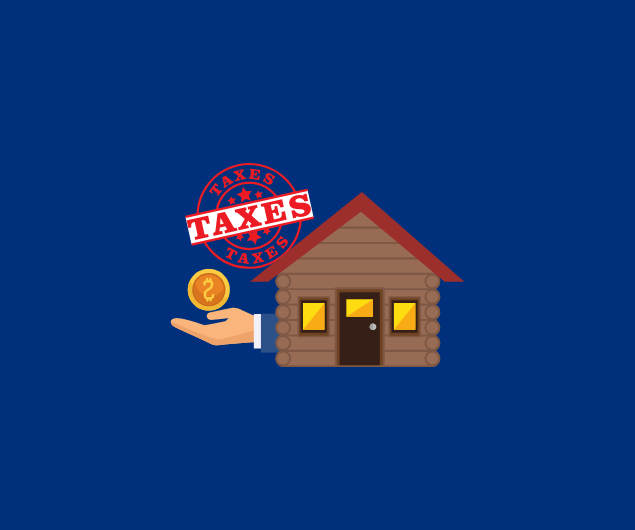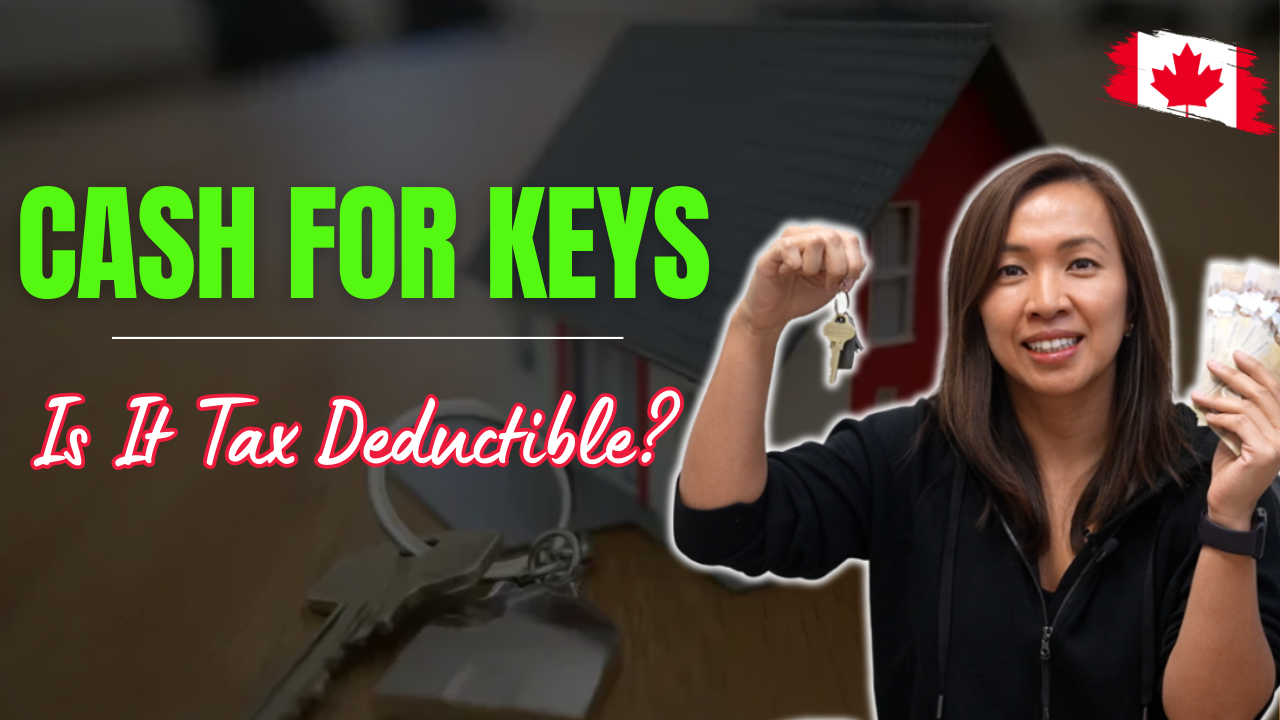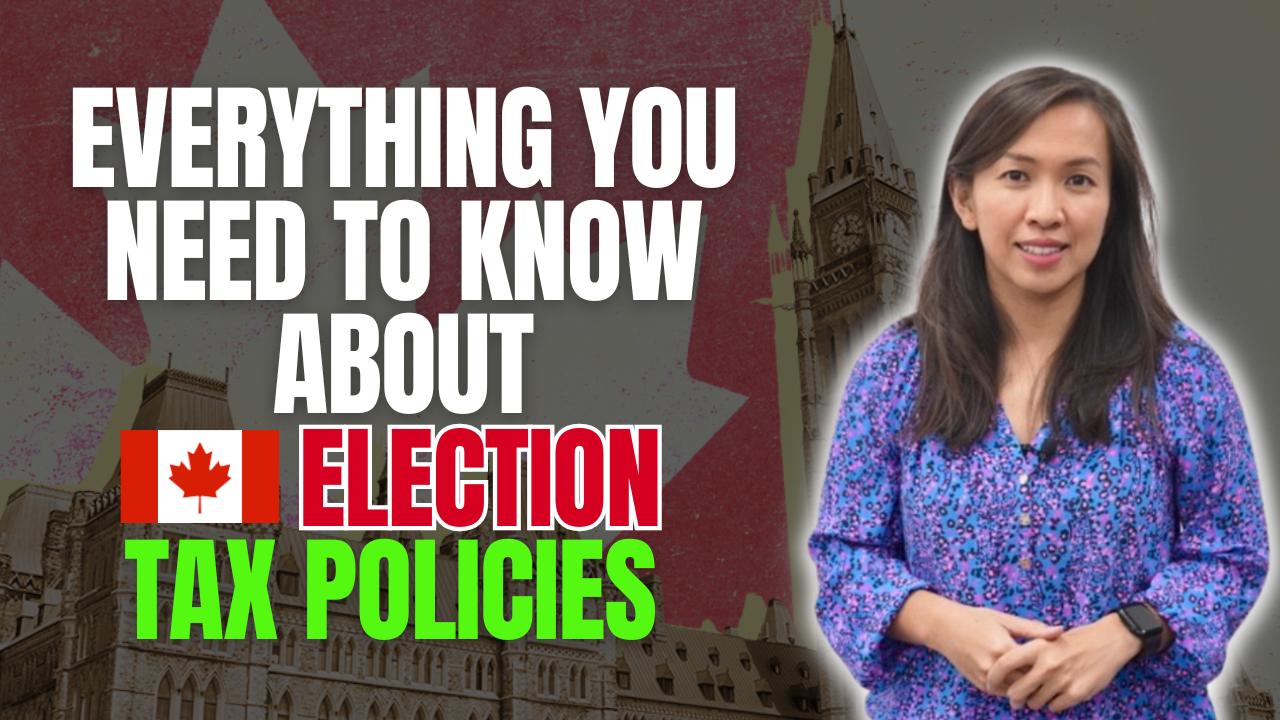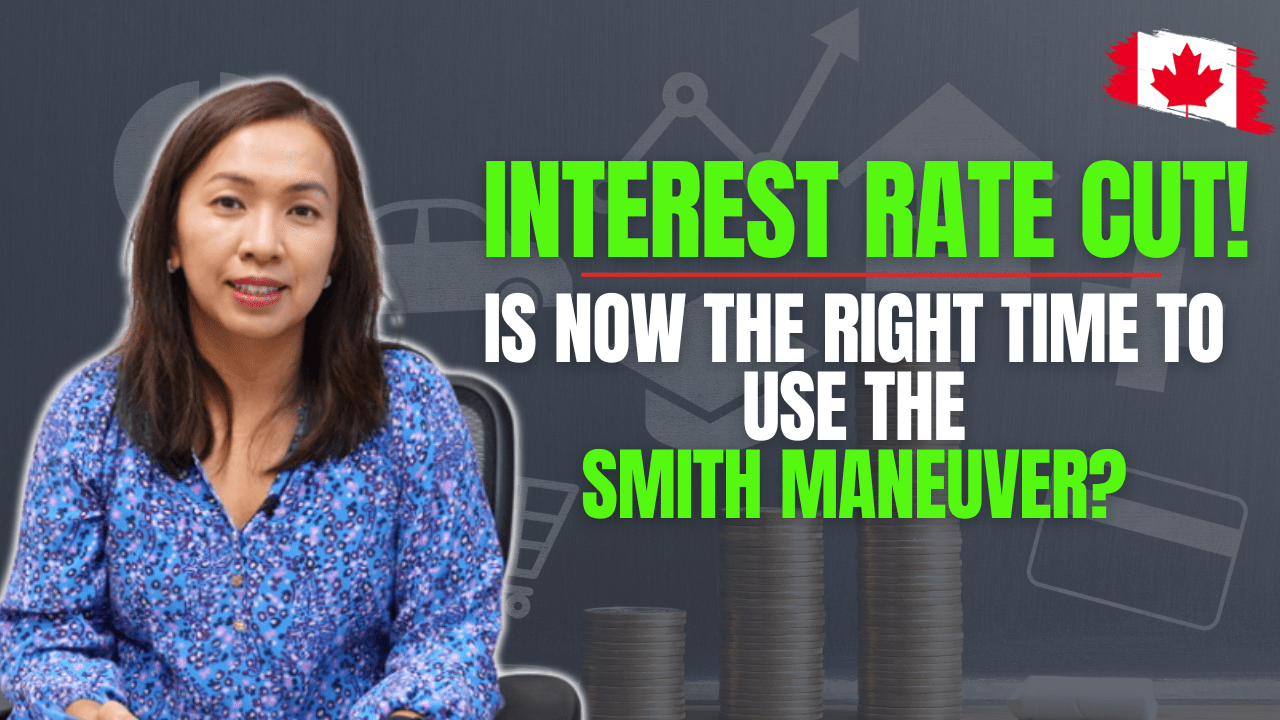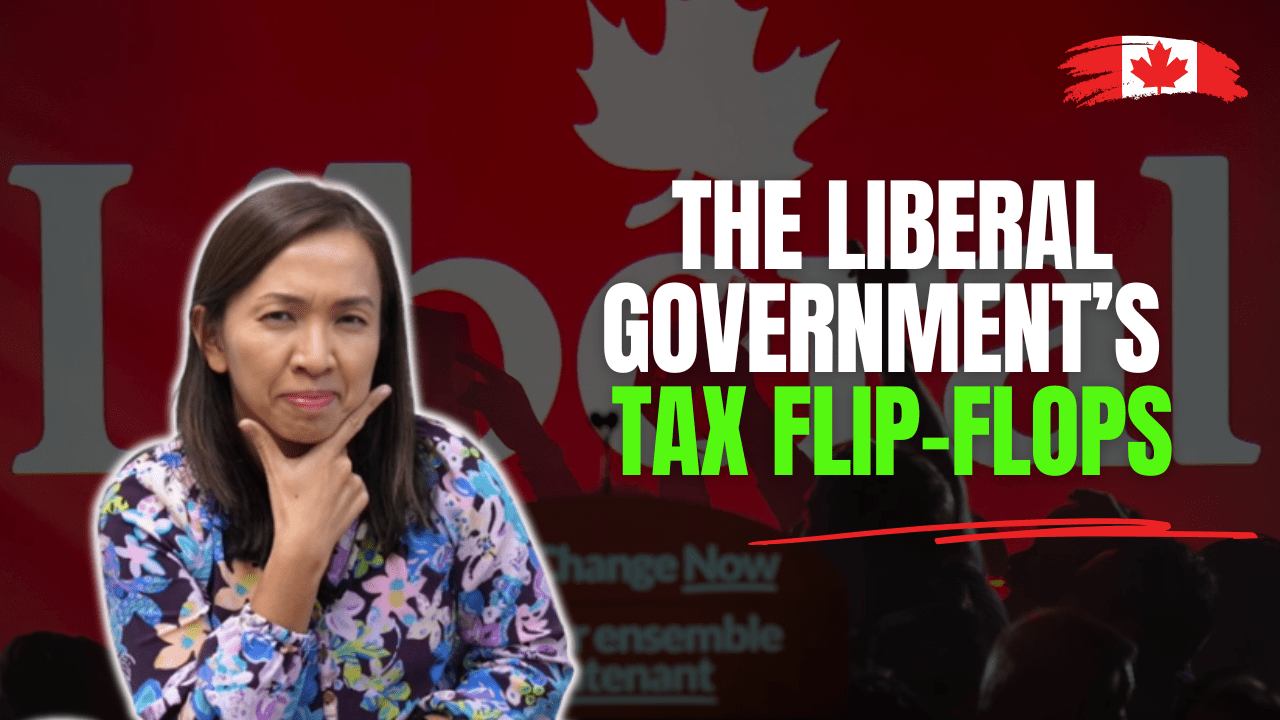Are you a real estate investor or simply someone buying a cottage as your second home? Here are the top four tax considerations before you make that plunge!
Depending on what your plans are with your cottage, let’s look at the tax considerations you’ll have to make.
You can watch my video on this here while I talk about it more in depth.
1. Renting Out after Buying a Cottage
If you do decide to rent out your cottage, you’re required to report the rental income you earn. You can deduct expenses such as advertising, cleaning and painting charges and offset it against your rental income. Additional expenses include purchaisng supplies (wallpaper for indoor walls) or property management fees, mortgage interest, property taxes, utilities, insurance, etc.
If you are renting out the cottage for a portion of the year, you have to prorate expenses accordingly for the deduction.
Renting out your cottage as short-term rental can also impose a layer of complexity. For those of you who already have other short-term rentals or small businesses in your name, be sure to consult with a real estate accountant to discuss the potential HST exposure on short-term rental income.
I recently shared about short-term rental / airbnb taxes that every host should know. You can read more on this here, or simply watch the video.
2. Principal Residence Exemption on Sale of the Cottage
Do you need to pay tax when someone is buying a cottage from you? This depends. When you spend time at your cottage as a seasonal residence, you might still be able to claim primary residence exemption against the cottage.
However, you and your spouse can only designate one property as your primary residence in any given year.
If the cottage is your second residence and you choose to apply for a primary residence exemption on the cottage, you will be liable for capital gain on the sale of your home.
You will have to do some planning when you decide to sell. You will need to calculate the average gain per year for your home and your cottage and decide if it is more beneficial to designate your home or your cottage as primary residence to minimize the amount of taxes you would have to pay.
If you do not have any other residence, like some of my clients who sold their Toronto homes and moved up to Muskoka permanently, you can simply designate the cottage as your primary residence and the gain from sale of the cottage will be sheltered under primary residence exemption.
3. Deductions to lower your Capital Gains Tax on cottage
Assuming that you are going to pay capital gain tax on sale of your cottage, what deductions can you claim to minimize the amount of taxes?
Here are some common deductions you can claim to offset against capital gain tax from sale of cottage:
- Purchase Price of the property and all related cost including but not limited to legal fees on closing, land transfer tax, home inspection cost, utility setup costs, survey and title insurance
- Capital improvement you’ve made to the cottage. If you’re not sure what type of expenses qualify as capital improvement, you can watch this video.
Generally speaking, if you are doing any renovation that involves structural change and adding something that did not exist before, the expense is considered as capital improvement.
You can deduct these capital improvements against the sale price of your property.
Keeping the receipts and proper documentation (such as before and after pictures and floor plan) will help you defend your position in court. Remember, we need to earn our deduction.
4. Leaving your cottage to your kids
A real estate investor that is also a friend of mine owns a few cottages. Many of these are used as rentals.
This friend shared that she wants to have a place for her kids, friends and families to hang out. She wants to have a big cottage where everyone can fit in.
Cottage isn’t just an investment property for her. It’s a place for family and friends to be reunited. It’s a medium which allows her to transfer her wealth from one generation to another.
This leads to one of the most common tax implications – if the intention is to leave the cottage to the next generation, careful planning must be done.
Some people are buying a cottage as a gift to their children, sometimes even as an investment property. Some decide to set up a trust to avoid probate. Whatever it is, have a discussion with a qualified real estate accountant and decide the best way to leave your assets
You can always book an appointment with my knowledgeable team here.
Here’s hoping that when you are planning on buying a cottage next, this post helps you consider possible key tax implications.
Until next time, happy Canadian Real Estate Investing.
Cherry Chan, CPA, CA
Your Real Estate Accountant
